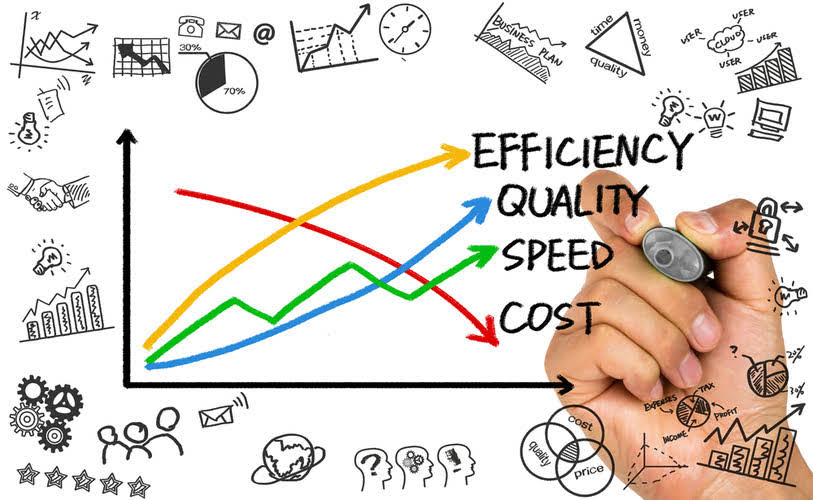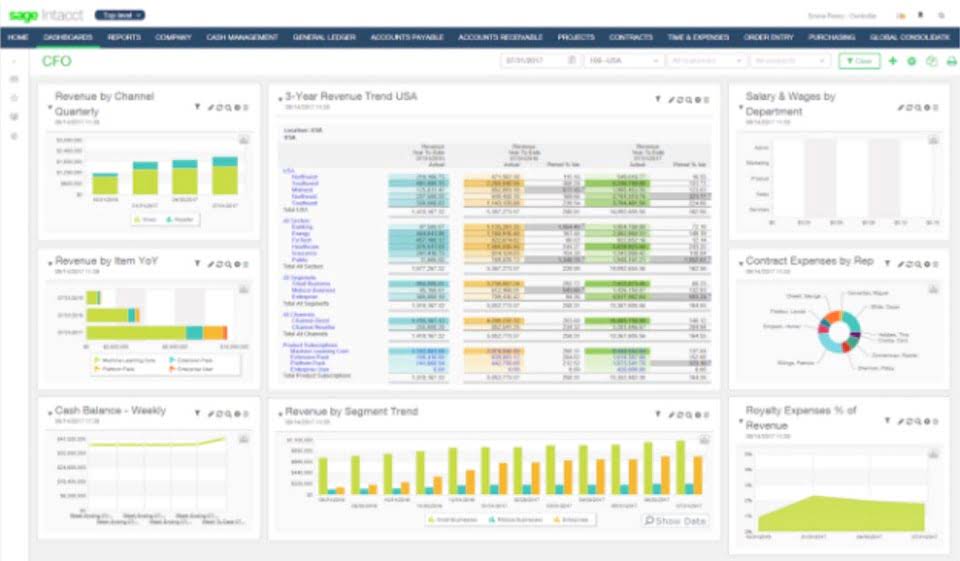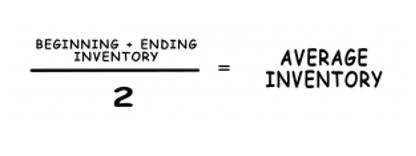
A CPA license isn’t required to work in corporate accounting or for private companies. However, public accountants—individuals working for firms such as Deloitte or Ernst & Young that provide accounting and tax-related services to businesses—must hold CPA designations. A CPA is a Certified Public Accountant – someone licensed by the state to practice public accounting. To earn this https://www.bookstime.com/ license, you’ll need to meet your state’s education and experience requirements, plus pass the CPA Exam. However, taking these steps to earn your CPA license can open the door to more career opportunities and a higher income. Undergraduate and graduate programs in accounting provide the basic foundation for meeting the education requirements for earning your CPA designation.
Frequently Asked Questions
- Each section consists of a different number of multiple-choice questions and task-based simulations.
- Instead, it’s a professional designation that offers accounting professionals more flexibility and mobility in their career.
- More importantly, as a working professional, you can finish your degree faster at Franklin by transferring qualified prior college credits and/or work experience.
- Individuals with the CPA designation can also move into executive positions such as controller or chief financial officer (CFO).
- You’ll also need to complete continuing education to remain licensed.
- The timeline to licensing includes education, examination and experience.
- The CPA designation continues to be the most highly-sought after and versatile credential for accountants.
These programs introduce you to financial accounting, auditing, and taxation topics at the individual and corporate levels. They also allow you to gain experience using industry-standard computer applications and software. A CPA is a financial professional credentialed by CPA Canada to provide accounting services to public, private, and governmental agencies.
Earn a bachelor’s degree.
CPAs use their knowledge of accounting and taxation to help businesses maintain their financial records. They can apply their expertise to multiple roles, including budget analyst, tax accountant, and auditor. Certification organizations offer multiple credentials for CPAs, including certified bank auditor (CBA), certified fraud examiner (CFE), and certified internal auditor (CIA). These certifications may have different prerequisites than CPA licensure, including master’s degrees or multiple years of relevant experience. These credentials also typically require application fees, exam fees, and renewal fees, which can total more than $1,000 per certification.
- Another role for CPAs is with law enforcement agencies, helping to investigate financial crimes or other crimes that leave a financial trail.
- Once you’ve got the basics down, you might find that quality tax software is often helpful enough to get your annual tax forms in — some taxpayers may even be able to do their taxes for free.
- Upon receipt of an application, the board will review and approve it, and NASBA will issue a Notice To Schedule (NTS).
- A CPA is not a degree, but a professional designation for accountants.
- You could fulfill the extra 30 hours by pursuing a master’s degree in accounting or taking additional relevant coursework at the undergraduate level.
- Earning an undergraduate degree in accounting is one way to qualify for the CPA PEP.
Apply For The CPA Exam
Many of UWorld’s instructors are university professors (and CPAs) who have a passion for preparing the next generation of accounting professionals. CPAs in the non-profit industry oversee financial reporting and management to assure the organization’s mission and objectives are obtained. CPAs in this industry can expect to assist in tax filings, internal controls, and budget preparation as well as financial management and reporting. This understanding enables CPAs to serve as trusted financial advisors who work with businesses, individuals, schools, and other organizations and assist them in reaching their goals and objectives. Passing the CPA Exam and earning this prestigious designation signifies that an individual has a deep knowledge of accounting practices and acts with the utmost integrity. More importantly, as a working professional, you can finish your degree faster at Franklin by transferring qualified prior college credits and/or work experience.

Not only because it allows them to practice public accounting independently, but because it proves expertise in more advanced accounting areas. One of the things I really like about accounting is that there are many different jobs available. I decided that I wanted to start my career in public accounting in order to learn a lot in a short period of time and be exposed to different types of clients and different areas of accounting. I was fortunate to get a job offer from a mid-size CPA firm in New England while I was a senior in college, and I spent many years working there as an auditor.

What Is a CPA License?
- Additionally, we will explore the various career paths and specializations available to CPAs and the importance of ethics and professionalism in accounting.
- Since the Sarbanes-Oxley Act passed in 2002, accountants have been subject to tougher restrictions concerning their consulting assignments.
- They ensure compliance with specific regulations and assist with budgeting and financial management.
- A certificate in accounting can be potentially helpful in navigating transitions and for augmenting the CV in the process.
- We are joined by Kelley Long, a CPA with 20 years of experience, to discuss the unexpected things a Certified Public Accountant can do for you or your business.
- Other common CPA requirements include an ethics exam and proof of state residency or U.S. citizenship.
- From financial statements and forecasts to regulatory compliance advice, they could also prepare taxes.
Also, candidates must pass one of three Discipline sections to gain specialized knowledge in more advanced topics. CPAs must meet eligibility requirements, obtain state licensure, what do cpas do and follow strict principles established by the AICPA. Licensed CPAs can perform specialized tasks not allowed for general accountants, like representing clients to the IRS.



